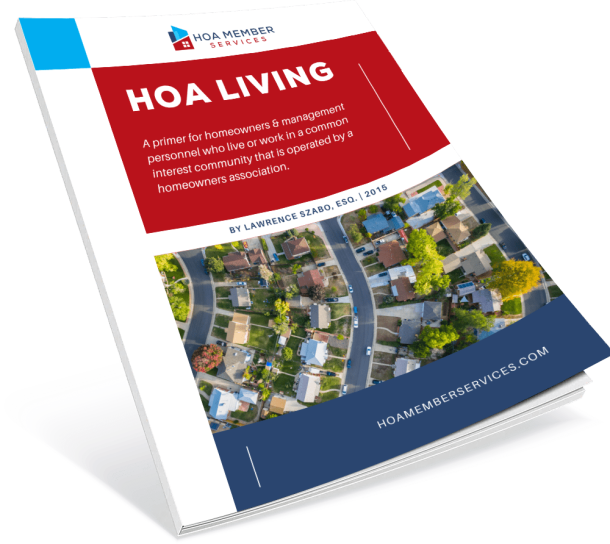Have you ever glanced at your HOA fees and wondered what exactly you’re paying for? You’re not alone. Many homeowners are left scratching their heads, understanding what their HOA actually takes care of, especially when it comes to something as significant as the roof over their heads.
So, does an HOA cover roof replacement, or will that hefty expense come out of your own pocket?
In short, it depends on the specific HOA rules and the type of housing. An HOA may cover roof replacement for shared or common areas, but individual homeowners are typically responsible for roof maintenance on their own properties.
This article will break down the fine print for you, clarify common misconceptions, and guide you through the ins and outs of HOA responsibilities and homeowner obligations — so you can stop wondering and start planning.
Get ready for some meaningful information that will change the way you look at your HOA fees!
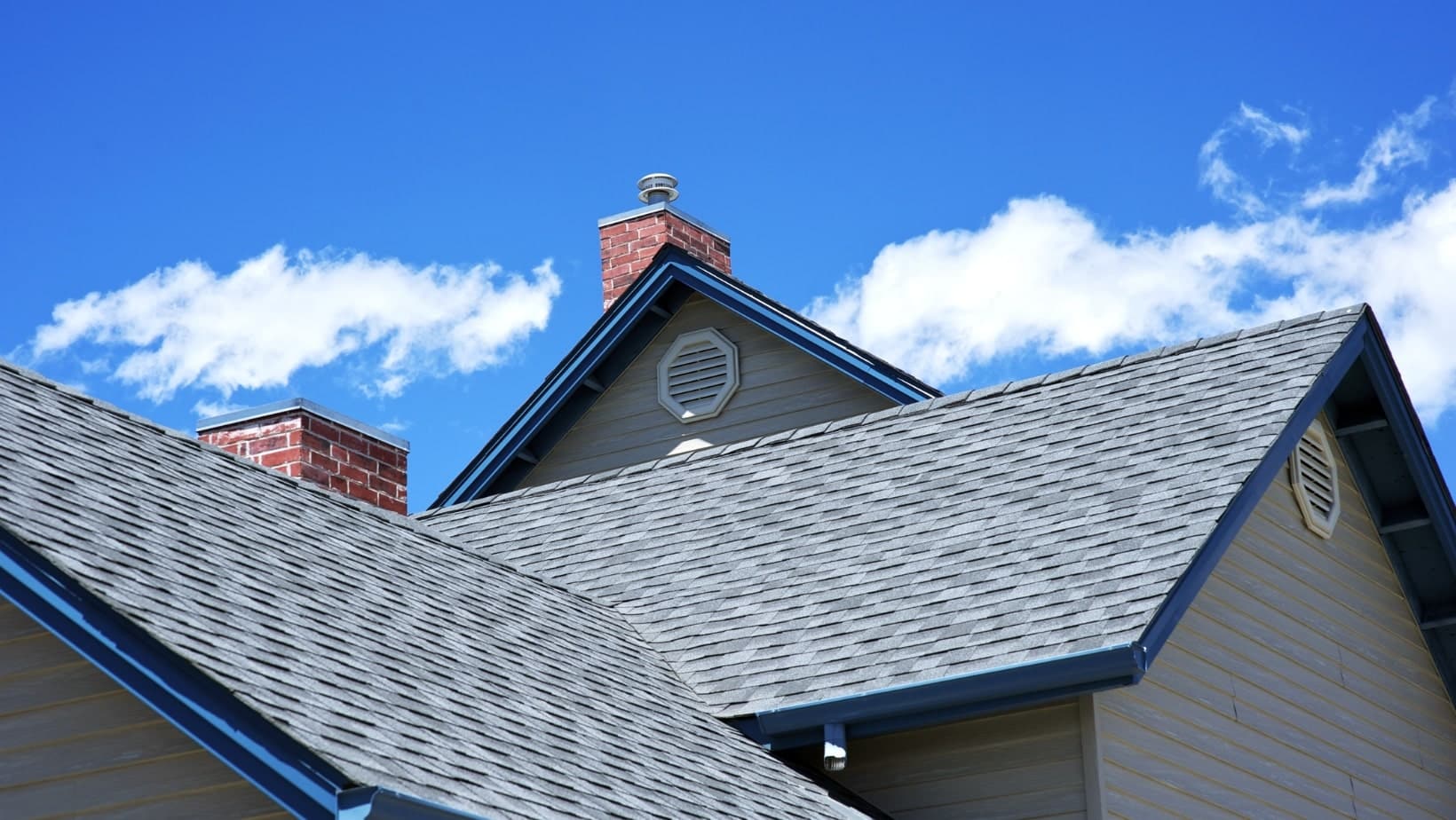
Understanding the General Responsibilities of an HOA
If you’re living in a community with a homeowners association (HOA), you’ve probably wondered at some point what exactly they do, and more importantly, how their responsibilities affect you.
In order to fully understand whether your HOA covers roof repairs or replacements, it’s helpful to know what the HOA is responsible for in general and what factors come into play when damage occurs.
So, to put it simply, a homeowners association manages the community’s backbone, keeping it running smoothly in a variety of ways. Here are some of the general responsibilities they handle:
- Maintaining shared spaces: HOAs take care of common areas like parks, clubhouses, pools, and any other shared amenities. Their job is to keep these spaces clean, safe, and usable for everyone in the community.
- Enforcing community rules: Every community has its own set of rules, usually laid out in a document called the CC&Rs (Covenants, Conditions & Restrictions). The HOA ensures that all residents follow these rules, whether it’s about the appearance of your house or noise restrictions.
- Overseeing community aesthetics: They’re the ones making sure that homes look consistent and well-maintained, which ultimately helps protect property values. Think of it as a way to keep the neighborhood looking cohesive and attractive.
- Managing HOA funds: The HOA is also responsible for handling the community’s money, which comes from dues paid by homeowners. These funds are used for maintenance, repairs, and other community services.
- Facilitating communication: Whether it’s through newsletters or meetings, the HOA keeps homeowners informed about what’s going on in the neighborhood.
- Organizing community events: From block parties to seasonal celebrations, many HOAs take charge of organizing activities to foster a sense of community.
- Managing long-term projects: Larger tasks, like repaving roads or replacing roofs, often fall on the HOA to coordinate and fund.
What Determines HOA Damage Coverage?
When it comes to major repairs like roof replacement, the situation becomes a bit trickier. Whether your HOA steps in to help replace your roof or leaves you holding the bill isn’t always straightforward.
Here are the main factors that decide if the HOA is responsible for roof replacement:
- HOA roof replacement guidelines: Every HOA has its own set of rules regarding what they will and won’t cover. These guidelines are typically outlined in the association’s governing documents, such as the CC&Rs. This is your first stop for finding out whether they cover roof repairs or replacements.
- Master insurance policy: Your HOA likely has a master insurance policy that covers damage to shared structures or common elements, like the exterior of buildings in a condo community. However, this policy may not cover individual homes, or it might only cover certain types of damage.
- Individual homeowner’s insurance (HO-6): While the HOA’s master policy might cover some things, you also need to look at your own homeowner’s insurance policy, known as an HO-6. This typically covers the interior of your home and may provide some overlap with what the HOA covers.
- Cause of damage: Was the damage caused by a storm, regular wear and tear, or negligence? The reason your roof needs repairs plays a big role in determining who pays.
- State and local laws: Depending on where you live, state or local laws might dictate what an HOA must cover. For example, in some states, HOAs are required to cover certain types of structural damage, while in others, the rules are less strict.
- HOA Reserves and Special Assessments: If the HOA doesn’t have enough in its reserves, they may issue a special assessment, meaning homeowners could have to chip in for major repairs like roof replacement. We’ll cover this in more detail below.
Now, let’s examine in greater detail how some of these factors influence your coverage.
Types of Properties and How They Affect Roof Maintenance Responsibility
Imagine two nearby homeowners — one lives in a condo association, the other in a single-family home. Both have the same storm damage on their roofs, causing leaks, but only one might get a helping hand from the HOA.
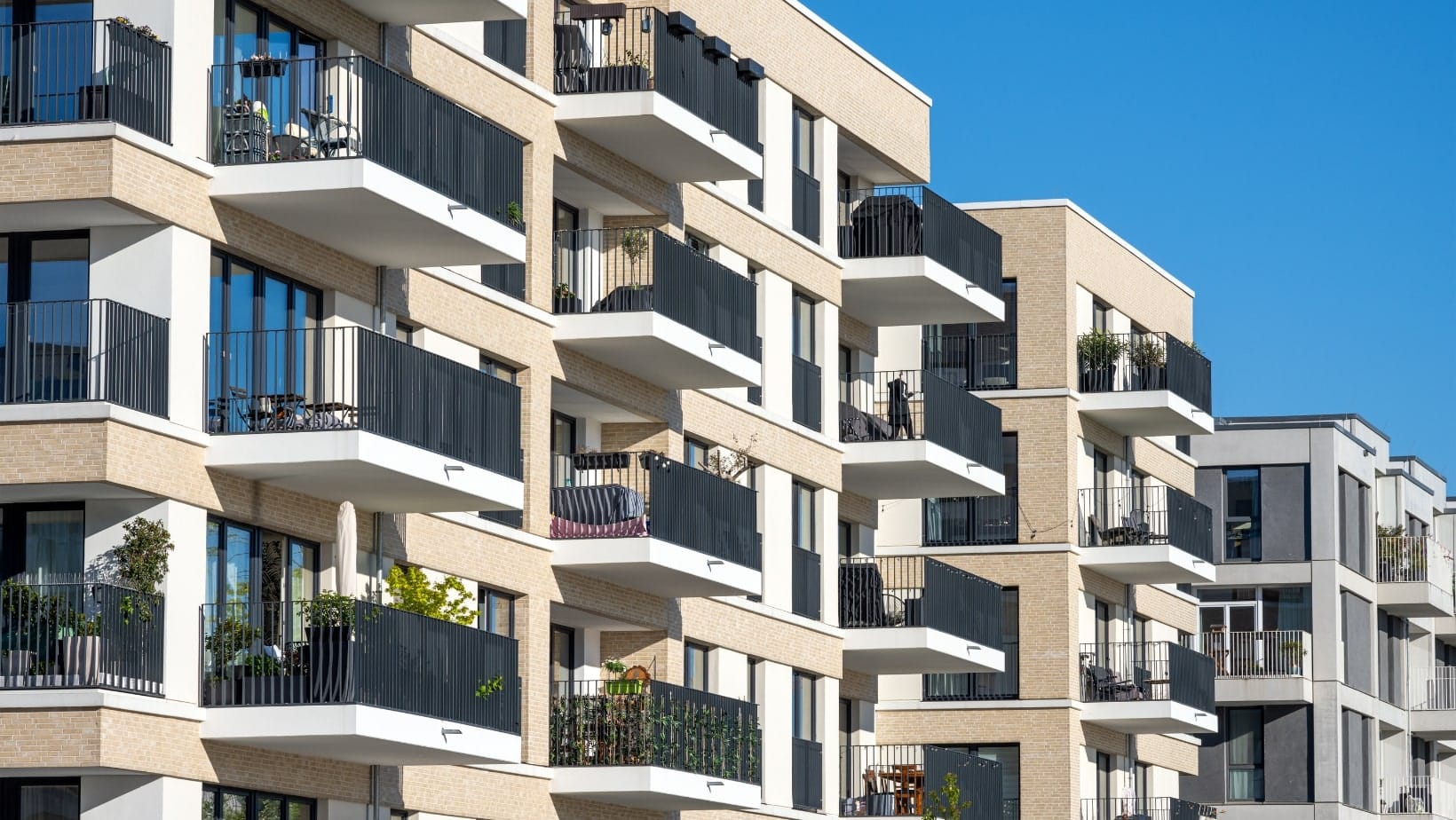
Yes, the type of property you own can significantly impact who covers the cost of a new roof installation. Here’s the difference:
- Condos and Townhomes: If you live in a condominium or a connected townhome, there’s a good chance that the HOA will handle roof replacements for you. Why? In most cases, the roof is considered a common element of the shared structure, so the HOA usually takes care of exterior maintenance, including roofing. This can be a relief for a condo or townhome owner since repairs for common elements like a roof replacement are typically covered by the association, meaning fewer out-of-pocket expenses when something goes wrong up top.
- Single-family Detached Homes: If you own a single-family home in an HOA community, it’s usually a different story. Here, roof maintenance is often your personal responsibility. While the HOA may set rules or guidelines on what your roof should look like, the actual upkeep, repairs, and replacements usually fall squarely on the homeowner. So, if a storm rolls through or the roof simply reaches the end of its lifespan, you’re likely the one footing the bill.
However, there could be exceptions in certain unique community arrangements. Some single-family home HOAs may offer limited roof coverage, especially if your neighborhood has special maintenance agreements in place. In these rare cases, the HOA could pitch in for a roof replacement, but this is far less common and usually depends on the specific terms of your HOA agreement.
Reviewing the Governing Documents for HOA Roof Replacement Guidelines
When it comes to replacing your roof, one of the first things you should do is crack open your HOA’s governing documents — especially the CC&Rs. Many homeowners assume their HOA covers major repairs like roofs, but that’s not always the case.
Homeowners associations don’t all work the same, so finding out whether your roof is covered could save you from an expensive surprise down the road. Maybe the HOA handles roof repairs, or maybe it’s all on you. You won’t know until you thoroughly dig into those documents and see what’s covered.
It might not sound like the most exciting read, but trust me, it’s important, especially when it comes to significant costs like roof replacements.
Key Sections of the CC&Rs You Can’t Afford to Miss
Now, don’t feel overwhelmed by the stack of paperwork. Within the CC&Rs, there are key sections that specifically address roofing responsibilities.
So, where exactly should you look in this pile?
- Look for any clauses that specifically mention roofing. These might be labeled under “common areas” or “individual responsibilities.” Roofing can sometimes fall into a bit of a gray area depending on your type of home, so these sections will help you understand what’s considered shared versus what you personally own and are responsible for maintaining.
- Pay attention to terms like “maintenance” and “repair” to understand what falls under the HOA’s jurisdiction versus what’s your responsibility.
- Another section to focus on is any stipulation on architectural guidelines. You should check if there are any approval requirements about the type of roofing materials or colors you’re allowed to use, or guidelines for how repairs should be handled. You don’t want to replace your roof only to find out later that the materials didn’t meet the HOA’s roofing guidelines. Not getting prior approval could lead to violations and even fines.

Why It’s Crucial to Understand These Documents Before You Buy
The CC&Rs are there to spell out what the HOA is responsible for and what you, as a homeowner, will need to take care of. If your roof starts leaking and needs repairing or a replacement, wouldn’t you want to know beforehand if the HOA has your back, or if you’re juggling the costs alone?
Not knowing ahead of time what the HOA covers — and doesn’t — can lead to some unwelcome surprises. Roof replacements are expensive, so clarity on this matter can make or break your home-buying decision.
So, if you’re in the process of buying a house in an HOA-governed community, take this as your reminder to review the CC&Rs before signing any contracts. Make sure you’re up-to-date with these guidelines, as it could save you a lot of hassle (and money) down the line.
How Age and Condition of the Roof Affect Coverage
When it comes to whether or not your HOA will cover the costs of a roof replacement, the age and condition of the roof also play a huge role.
HOAs typically plan for major upkeep items like roof replacements as part of their long-term maintenance strategy. So, if your roof is getting older and nearing the end of its expected lifespan, you might be in luck, as the HOA could already have a replacement on the radar.
However, if your roof is in poor condition because of homeowner neglect — like if you’ve skipped out on necessary repairs, never cleaned gutters, or ignored leaks — your HOA might claim that the damage is on you and deny the coverage altogether.
Potential Disputes
Here’s where things can get tricky: disputes over who is responsible for the damage. A common conflict is whether the deterioration is just normal wear and tear or if it’s the result of homeowner neglect.
For example, if you’ve let small problems fester over time, the HOA might argue that you didn’t take proper care of the roof, making you liable for the repair or replacement costs.
On the other hand, you may believe the roof has just aged naturally and that the HOA should cover it under regular maintenance. These disagreements can become tense, with both sides pointing fingers over who should pay.

The “Middle Ground” — Partial Coverage
Another possibility is that the HOA will agree to cover only part of the replacement cost for an older roof. This tends to happen when the roof’s wear and tear is considered normal aging rather than immediate damage.
The HOA recognizes the roof needs work, but they won’t foot the entire bill for something that’s slowly aged over time. They may offer partial coverage since they might not want to cover a full replacement when the roof is naturally reaching the end of its life.
So you may still need to cover some expenses. It can feel like a gray area, but the reasoning often comes down to the roof’s condition and whether they think a complete replacement is necessary or just a temporary fix.
How Insufficient HOA Reserves Lead to Special Assessments and Impact Coverage
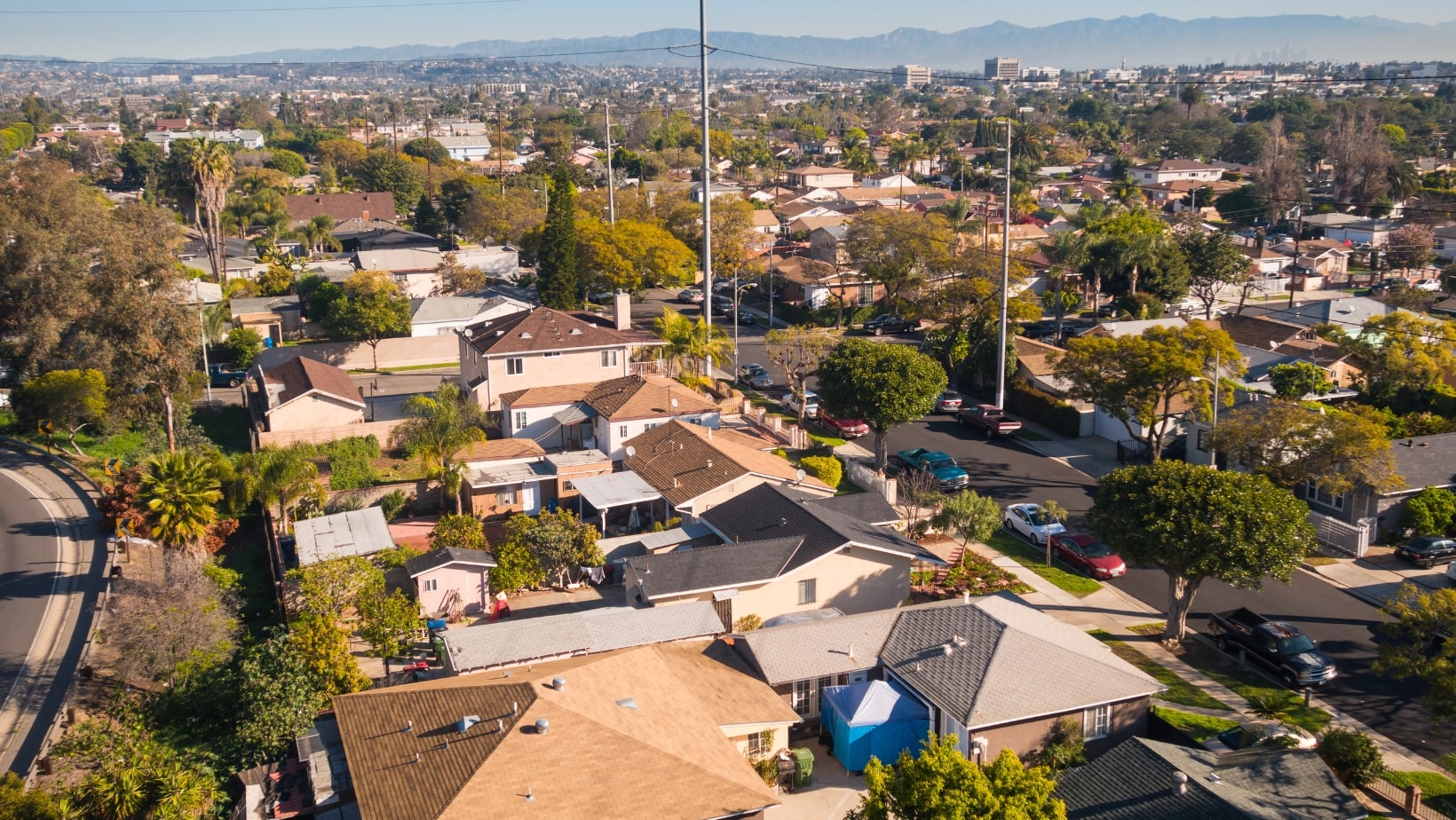
Nobody likes a surprise bill, especially when it comes out of nowhere for something as big as a roof replacement. Yet, this is exactly what can happen when an HOA doesn’t have enough reserves saved up.
Let’s explore how insufficient HOA reserves can lead to assessments and, ultimately, impact what’s covered in your community.
The Role of HOA Reserves
Ideally, HOAs set aside money in a reserve fund to cover future costs like roof replacements. It’s kind of like a safety net for the community. Your HOA is supposed to build up these reserves over time, like a savings account for the neighborhood.
The idea is to prepare for sudden expenses so that when something major like your roof needs fixing, the money is already there, and homeowners don’t have to bear the financial burden.
When You Might Face an Assessment
Now, here’s the catch — many HOAs simply don’t save enough. Instead of preparing for the inevitable, they cross their fingers and hope for the best. Roofs age, the weather takes its toll, and when disaster strikes, the bill is suddenly much larger than anticipated.
So, if the HOA hasn’t been building up enough reserves, or if a huge, unexpected repair comes up, the reserves might fall short. When this happens, the HOA can charge homeowners a special assessment.
It’s essentially a one-time fee to make up for the lack of funds. So, instead of the HOA covering the repair from the reserves, homeowners may get hit with a surprise bill to help cover the costs.
How Common Is This Dilemma
You might be thinking, “Okay, but how often does this really happen?” More often than you’d expect! Shockingly, nearly 70% of HOAs don’t have enough money in their reserves to cover these kinds of big expenses.
That means there’s a good chance you or someone you know could end up dealing with a sudden assessment at some point. And when the funds aren’t there, you’re left wondering if the HOA will cover the repair — or if it’s coming straight out of your own pocket.
What to Do If Your Roof Needs Replacing
If you’re worried about your roof replacement and aren’t sure if the HOA covers it, here’s a step-by-step guide to help you navigate the process and make informed decisions.
- Reach Out to Your HOA or Property Management: Your first move should be to reach out to the HOA. Don’t rely on word-of-mouth or rumors about what’s covered. Speak directly with someone in charge, whether that’s the HOA board or a property management company. A quick phone call or email can save you a lot of guesswork.
- Get Clarity on What’s Covered: Once in touch, get a clear understanding of what is and isn’t covered by your HOA. Some may handle full replacements, while others might only cover repairs for the existing roof or replacement of specific parts of the roof.
- Plan for Costs Even If You’re Covered: Even if the HOA covers a large portion of the work, there could be things they won’t pay for. It’s always a good idea to prepare financially. Get estimates and set aside a budget just in case you need to cover anything out-of-pocket.
- Look Into Financing Options If it turns out the roof replacement isn’t covered by the HOA and you’re facing a hefty bill, don’t panic! There are plenty of financing options available to help with home repairs. Home improvement loans, lines of credit, or even working with the roofing company on a payment plan can all make the costs more manageable.
- Don’t Forget HOA Approval: Even if they don’t cover the costs, you’ll still need to follow the HOA roof replacement guidelines and go through the approval process. Most associations have specific rules about the type of materials you can use and how the roof should look to maintain a consistent appearance. So, make sure you’re requesting approval from the HOA before hiring a contractor or purchasing materials.
- Talk to Your Neighbors This step is often overlooked, but sometimes your neighbors can be a great resource. Chances are, someone nearby has dealt with roof replacement recently and can offer advice or tips based on their experience. They might even be able to recommend a trustworthy roofing contractor or tell you how they handled HOA-related issues.
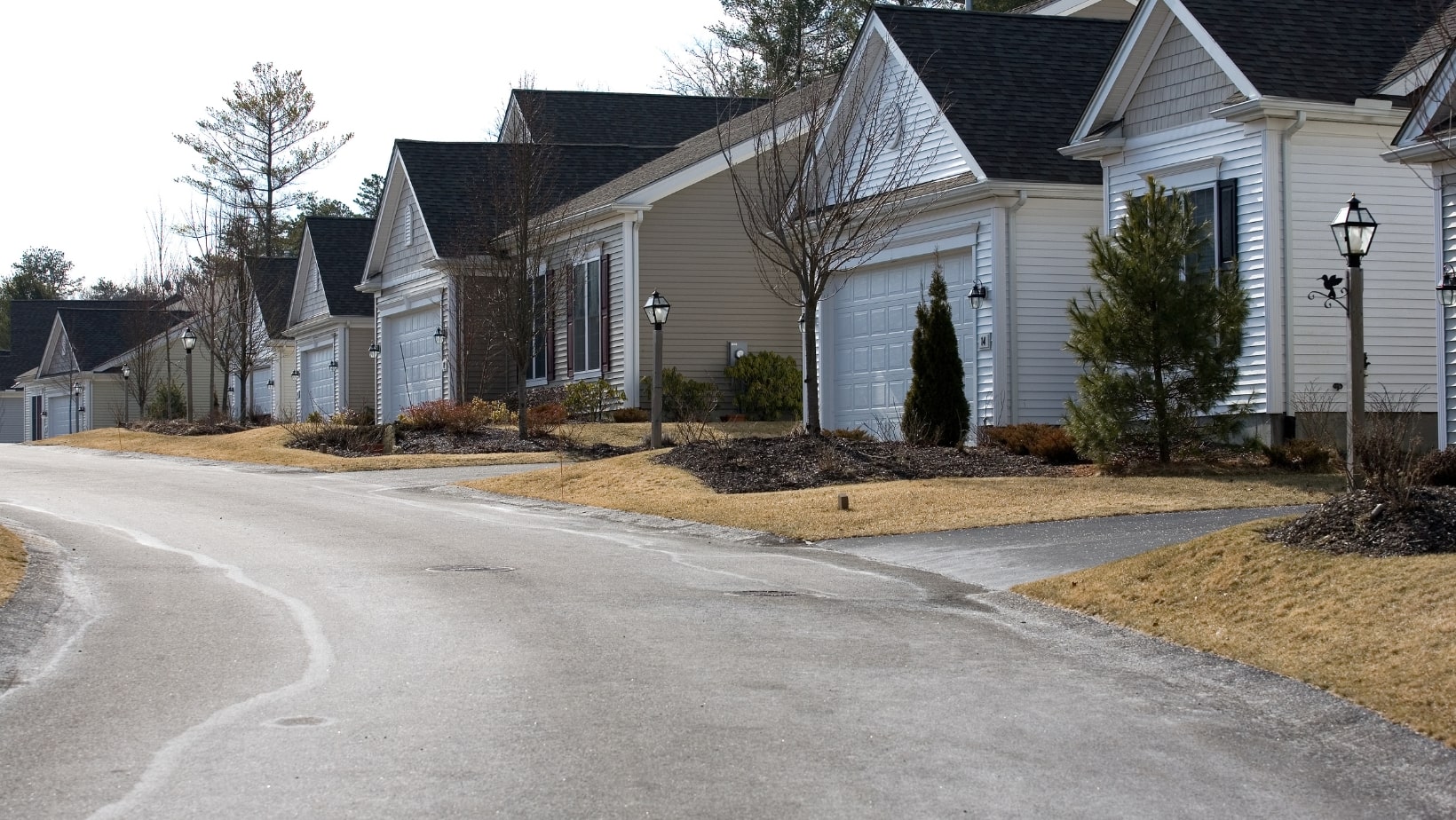
The Bottom Line
So, what’s the final verdict? Does HOA cover structural damage like roof leaks? Well, the answer isn’t exactly straightforward; it really depends on your specific situation.
If the damage is in a shared or common area, there’s a good chance the HOA will step in and cover the repairs or replacements. However, when it comes to issues within your individual unit, the roof maintenance responsibility often falls on you, the homeowner.
This is where understanding your HOA’s rules becomes critical. Always review the governing documents and keep communication open to avoid any costly surprises down the road.
Need more tips and expert advice on dealing with HOA roof replacement matters and getting their approval? Check out our membership plans for a wealth of resources, helpful guides, and personalized, unlimited support from experienced HOA attorneys. Protect your home and your peace of mind today!


